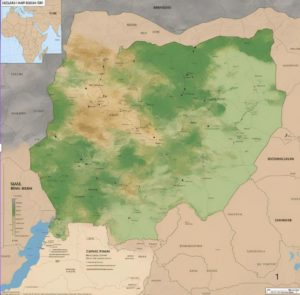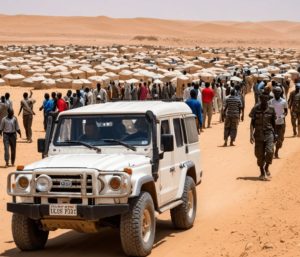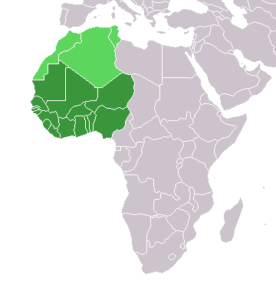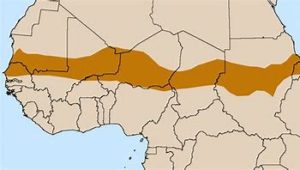Sahel: always and still conflicts
 Ahmedou Ould Abdallah President centre4s
Ahmedou Ould Abdallah President centre4s
Since 2005, the Sahel remains again and again weakened by terrorism! Due to the environment degradation, it is expanding and terrorism is spreading, taking root, and becoming commonplace. This context exposes and further weakens this vast area composed of countries that are often poorly structured to face the multiple ambitions and internal and external threats of more organized, more determined actors announcing to all attractive promises down here and beyond. The continued rooting and expansion of that terrorism – now a Sahel trademark – is reinforced by the bloody civil war in Sudan, still in its early stages, the armed impasse in Libya and the headlong rush of the Sahel states themselves. The return to a kind of cold war remains a useless bet in the face of so many dangers promising to terrorism rooting and expansion. The deficit in anticipation capacities, one of the immense challenges remains to be overcome.

 Limam Nadawa, Consultant Centre4s.org
Limam Nadawa, Consultant Centre4s.org Ahmedou Ould Abdallah, president of centre4s
Ahmedou Ould Abdallah, president of centre4s Limam Nadawa consultant, centre4s.org
Limam Nadawa consultant, centre4s.org Limam Nadawa, consultant centre4s.
Limam Nadawa, consultant centre4s.